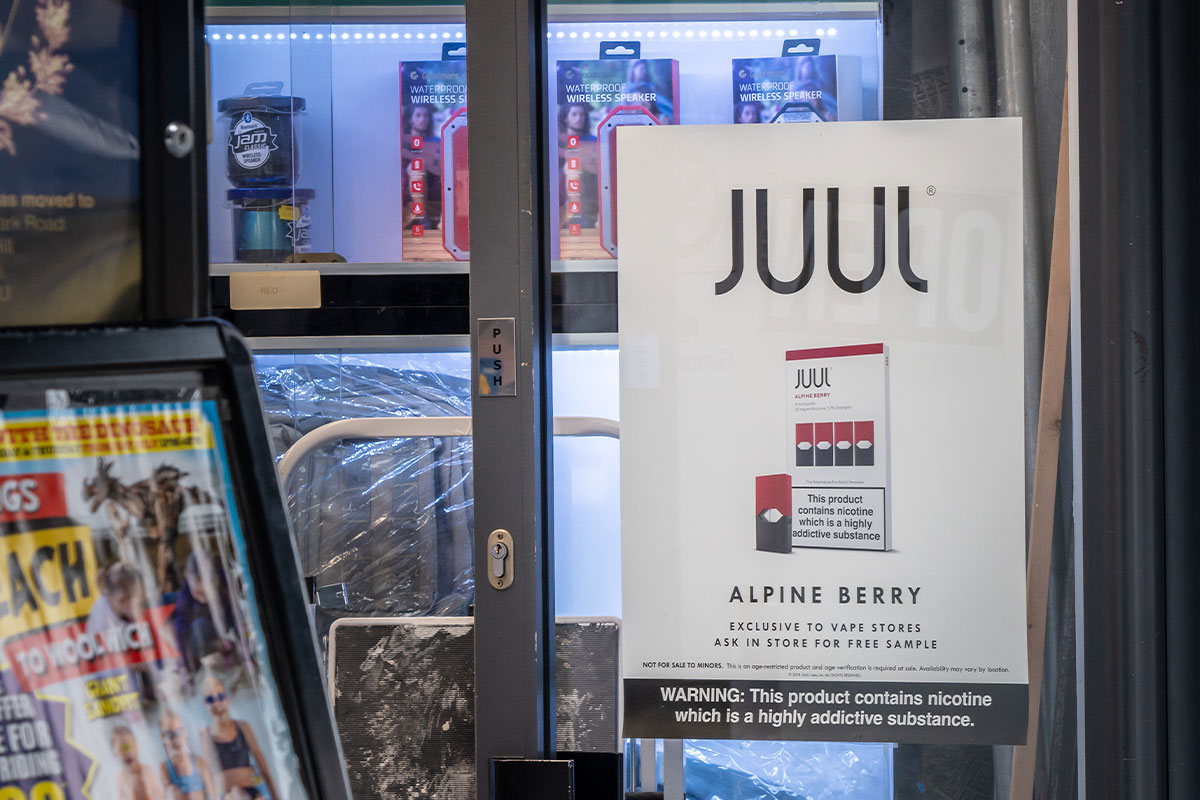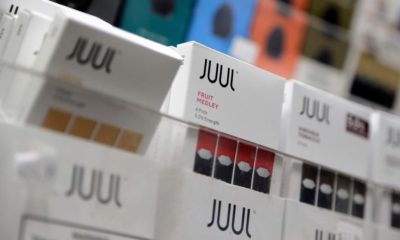In 2019, a mysterious lung illness was linked to vaping, and several people died while thousands were diagnosed and treated. JUUL, one of the manufacturers of vaping devices, has seen more restrictions in the US because of the situation. To continue to be successful, JUUL has looked at expanding globally where fewer restrictions make it easier for vaping devices to gain new users.
Going Global
JUUL has looked at moving into several global markets in the past year. Following the strategy employed by cigarette companies, JUUL saw potential to win new consumers around the world with its vaping devices, especially after flavored devices were banned in the US.
While the company began its plan for expansion, many of these plans have been thwarted. JUUL was removed from the China market just four days after entry. Other markets that have proven fruitless include Thailand, India, Singapore, Philippines, Laos and Cambodia. JUUL has also delayed a launch in the Netherlands and stopped sales in Israel.
It appeared that South Korea would be a legitimate market for the manufacturer with a third of the men smoking and many consumers interested in the latest in Western technology and goods. JUUL started out with fast growth in the country and soon became a top brand for vaping products.
Two issues plagued JUUL in this lucrative market. First, a tax on e-liquid products made vaping devices expensive. Second, the amount of nicotine allowed in these devices is just one percent, which is less than the three and five percent that had been allowed in JUUL’s products in the US. A warning from the South Korea government about damage to the lungs from vaping products add to the problems for the vaping manufacturer.
Vaping Illness Casts Black Cloud on JUUL
Even though JUUL products aren’t linked to the lung illness, it has had an adverse effect on the company’s ability to enter global markets. Sales dropped dramatically in South Korea as the entire vaping industry was hard hit with a reduction of 90 percent in sales in the fourth quarter of 2019.
While JUUL products began to be sold in India in 2018, an official launch was planned for late 2019. India banned all e-cigarettes in the country before the launch could happen. In Indonesia, JUUL became quite popular with the younger crowd. While JUUL tried to make its products appeal as devices to help smokers stop smoking, the real use for the product came from those who both smoked and vaped as well as those who had never smoked.
While JUUL pulled out of Indonesia, many people are concerned that sales will just move online. Experts say that it’s already a flourishing market.
The illnesses in the US that were linked to vaping has led to concern around the world. Many countries that before were quite lenient with vaping have now taken action to limit or even ban the products. JUUL’s strategy to expand around the world has been delayed at least if not completed altered.

































